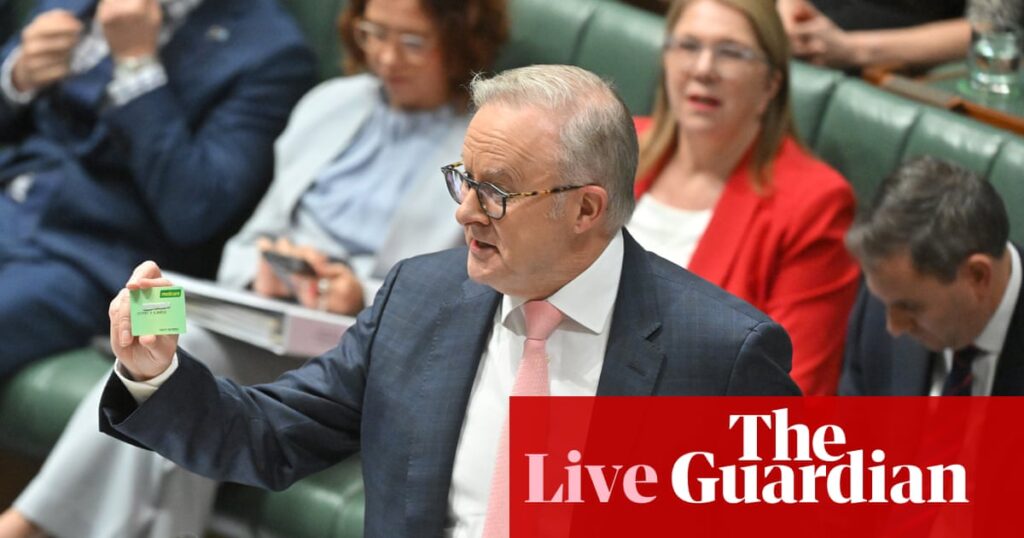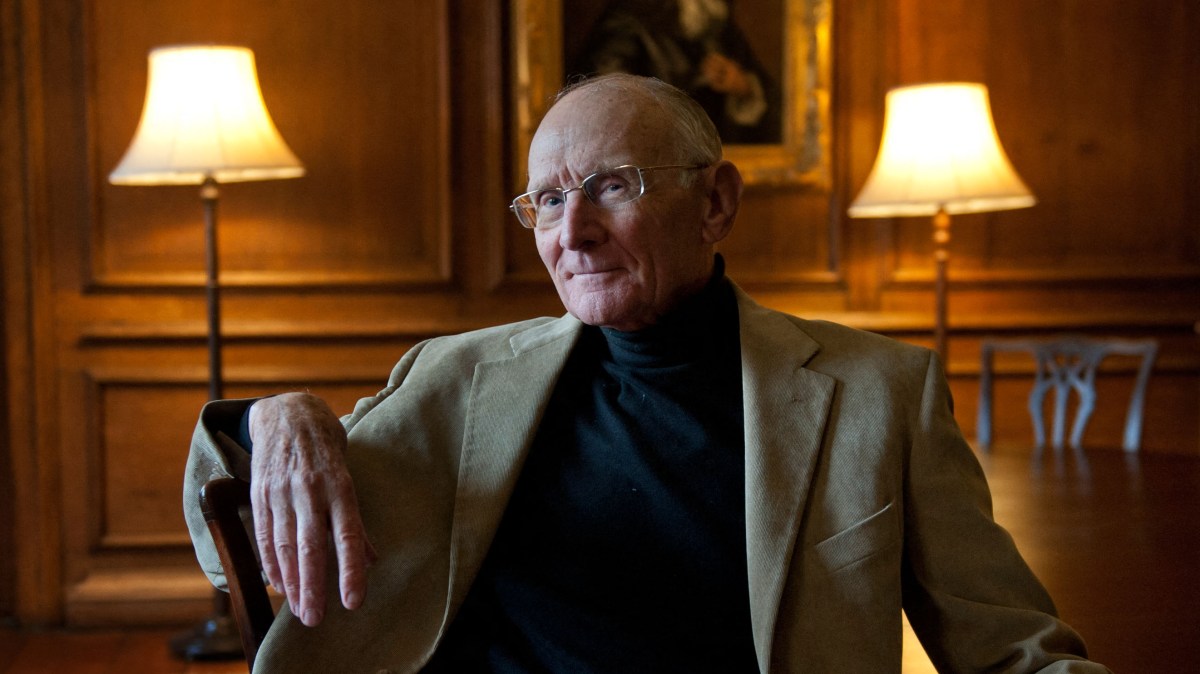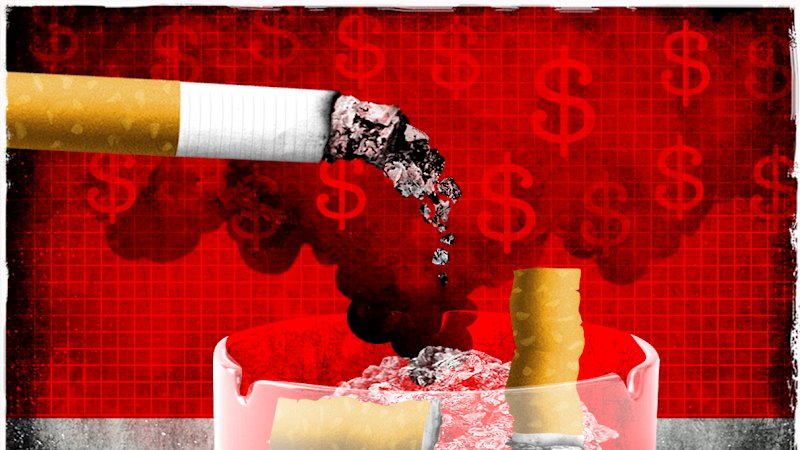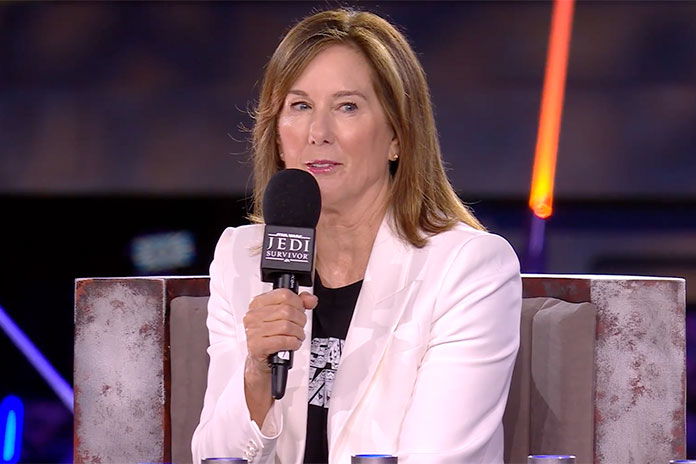
In a heated session of the Australian Parliament, Prime Minister Anthony Albanese faced intense scrutiny over the rising costs of GP visits, with many Australians reportedly resorting to credit cards to cover medical expenses. Opposition Deputy Leader Sussan Ley directly confronted Albanese, asking, “How many Australians today are using their credit card to see a GP?” The Prime Minister acknowledged the issue, stating, “too many,” while attributing the problem to the opposition’s past policies.
Albanese emphasized the government’s commitment to increasing bulk-billing rates, aiming for 90% by 2030, with a significant investment in Medicare. He held up a Medicare card as a symbol of the government’s healthcare strategy, although he stopped short of providing specific figures on the current use of credit cards for GP visits.
Political Tensions and Sanctions
Meanwhile, the session also saw a contentious exchange over international sanctions. Elizabeth Watson-Brown from the crossbench pressed the government on its stance regarding Israel, questioning whether Australia would impose sanctions similar to those on Russia. Albanese responded by highlighting existing sanctions against certain Israeli ministers and condemned actions in Gaza as breaches of international law.
Watson-Brown’s inquiry reflects growing international pressure on Australia to take a firmer stance on global human rights issues. The Prime Minister’s response aimed to balance condemnation with diplomatic caution, emphasizing consistency in foreign policy.
Union Allegations and Parliamentary Conduct
Further adding to the day’s drama, Opposition Business Manager Alex Hawke questioned Albanese about alleged misconduct within the Construction, Forestry, Maritime, Mining and Energy Union (CFMEU). Reports suggested that some officials received gifts from criminal figures, prompting the government to place the union under administration. Albanese condemned the alleged criminal activities, stressing the importance of integrity within unions.
In a separate incident, Shadow Energy Minister Dan Tehan was ejected from the session after calling government frontbencher Pat Conroy a “clown.” Speaker Milton Dick deemed the comment “next level” inappropriate, underscoring the heightened tensions within the chamber.
Climate Policy and Economic Challenges
Climate change and economic policy also featured prominently in the parliamentary discourse. Greens MP Elizabeth Watson-Brown challenged the government to phase out fossil fuels, while Energy Minister Madeleine King defended Australia’s role in regional energy security, citing the importance of fossil fuel exports to countries like Japan and South Korea.
On the economic front, Nationals MP Pat Conaghan raised concerns about small business insolvencies and job losses, questioning the government’s economic management. Small Business Minister Anne Aly countered with statistics showing the creation of 800,000 new small businesses since Labor took office, emphasizing the government’s support for female entrepreneurs.
Implications and Future Outlook
The day’s proceedings underscore the complex interplay of domestic policy, international relations, and economic strategy facing the Albanese government. With healthcare costs, international sanctions, and union integrity under the spotlight, the government must navigate these challenges while maintaining public confidence.
Looking ahead, the government’s ability to implement its healthcare reforms and manage international diplomatic pressures will be critical. As the political landscape continues to evolve, the Albanese administration’s approach to these multifaceted issues will likely shape Australia’s domestic and international standing in the coming years.
The parliamentary session concluded with a focus on future policies, including climate targets and economic strategies, setting the stage for continued debate and decision-making in the months ahead.







